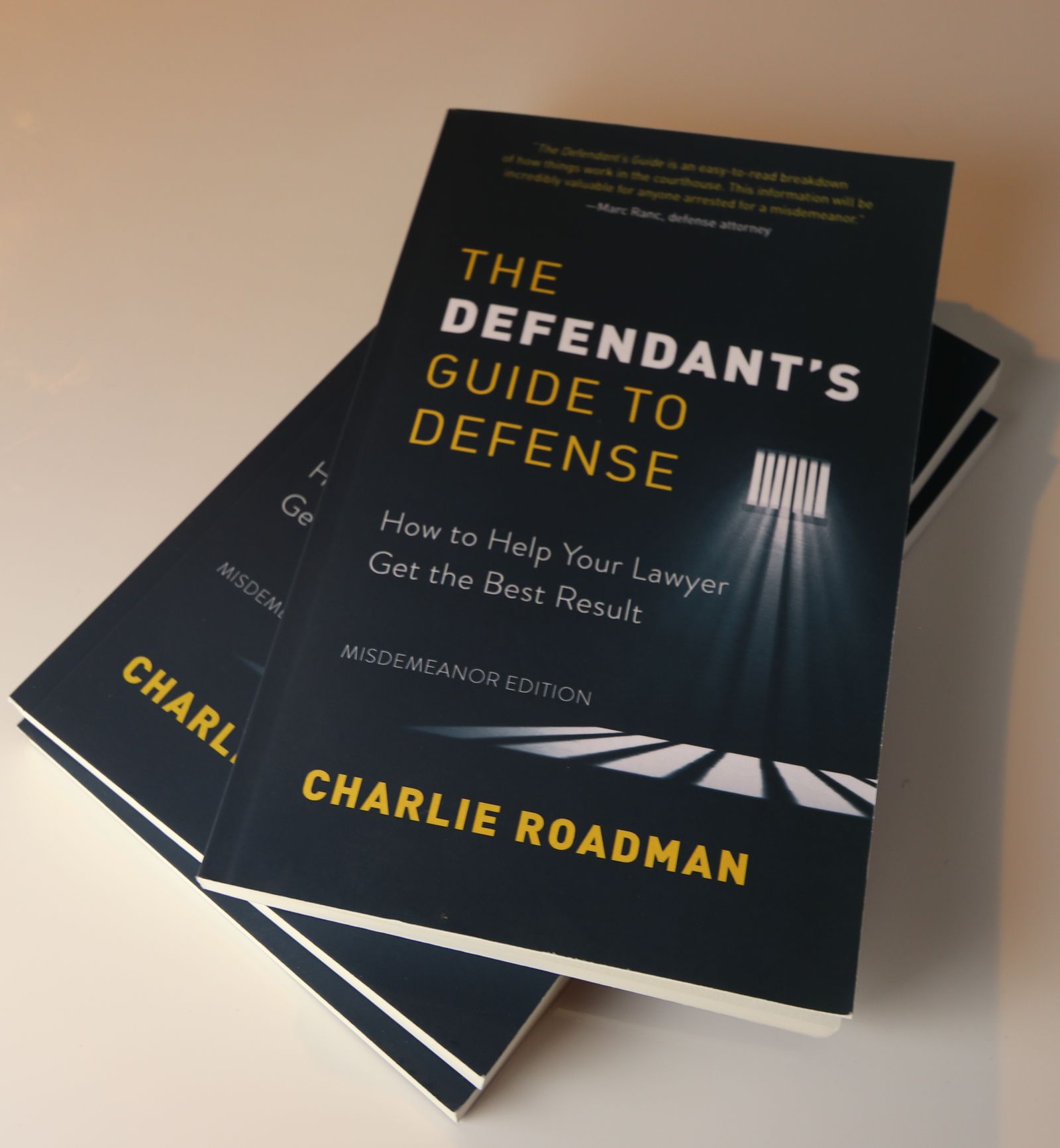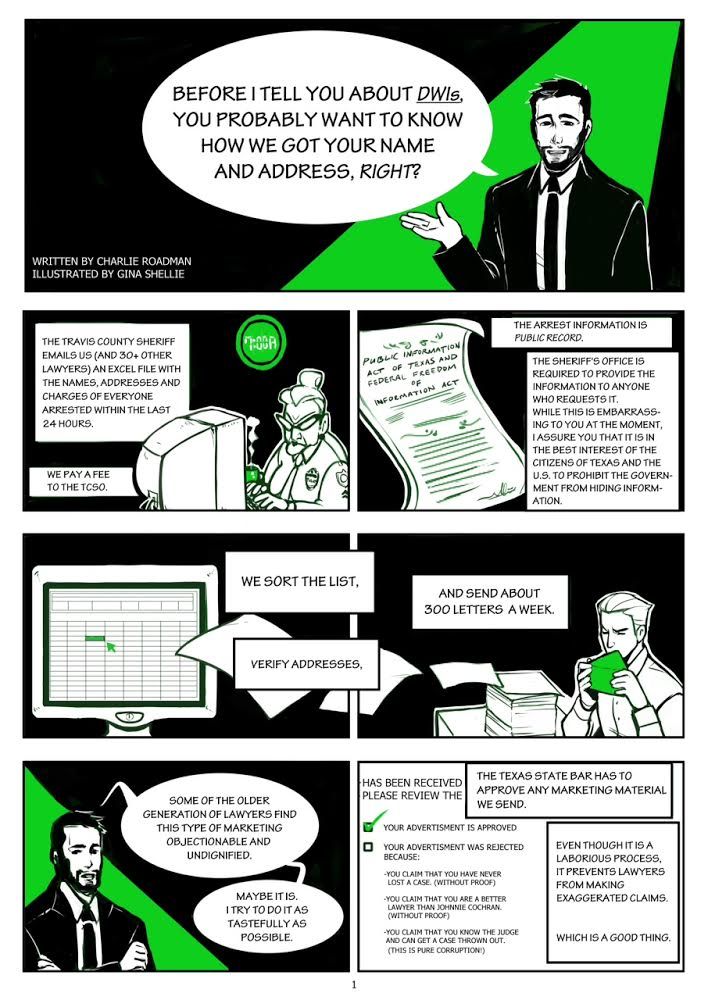The Walk Through in travis county jail
The Walk Through in travis county jail
Charlie explains how to resolve a warrant
FAQs
1. What is a walk-through in criminal defense?
A: A walk-through is a method to resolve an outstanding warrant, typically involving an attorney or a bail bondsman. It's a process where you simultaneously turn yourself in and have a bond ready to be posted, allowing for a quicker release compared to the standard arrest process.
2. How long does a walk-through take?
Q: The duration of a walk-through can vary. It can be as quick as 30 to 45 minutes, but sometimes it takes several hours, depending on factors like the workload and speed of the Sheriff's deputies processing the paperwork.
3. What types of bonds are used in walk-throughs?
A: There are two main types of bonds: personal bonds and surety bonds. Attorneys typically work with personal bonds, which are arranged in advance with judges and court staff. Surety bonds, often used by bail bondsmen, involve a guarantee by the bail bond company.
4. What advantages does an attorney offer during a walk-through?
A: An attorney can negotiate with judges and pre-trial services to address any issues, modify bond conditions, or even work towards removing certain restrictions like ankle monitors. They have more tools and negotiation capabilities compared to bail bondsmen.
5. What should you bring for a walk-through?
A: The essential item to bring is a valid ID, like a driver's license or passport. Avoid bringing unnecessary items, especially anything illegal.
6. Should you interact with deputies during the walk-through?
A: It's advisable to be respectful and concise with deputies, answering their questions with "Yes, sir" or "Yes, ma'am," and avoiding unnecessary small talk or jokes, as they are focused on processing paperwork.
7. What if there's a warrant from another county?
A: It's crucial to inform your attorney about any potential warrants in other counties, as there isn't a central system to check for warrants nationwide. Discovering an additional warrant during a walk-through can complicate the process.
8. Can attorneys speed up the paperwork process during a walk-through?
A: Attorneys generally cannot expedite the paperwork process handled by Sheriff's deputies. In fact, pressuring deputies may result in a slower process due to their meticulous and independent work culture.



